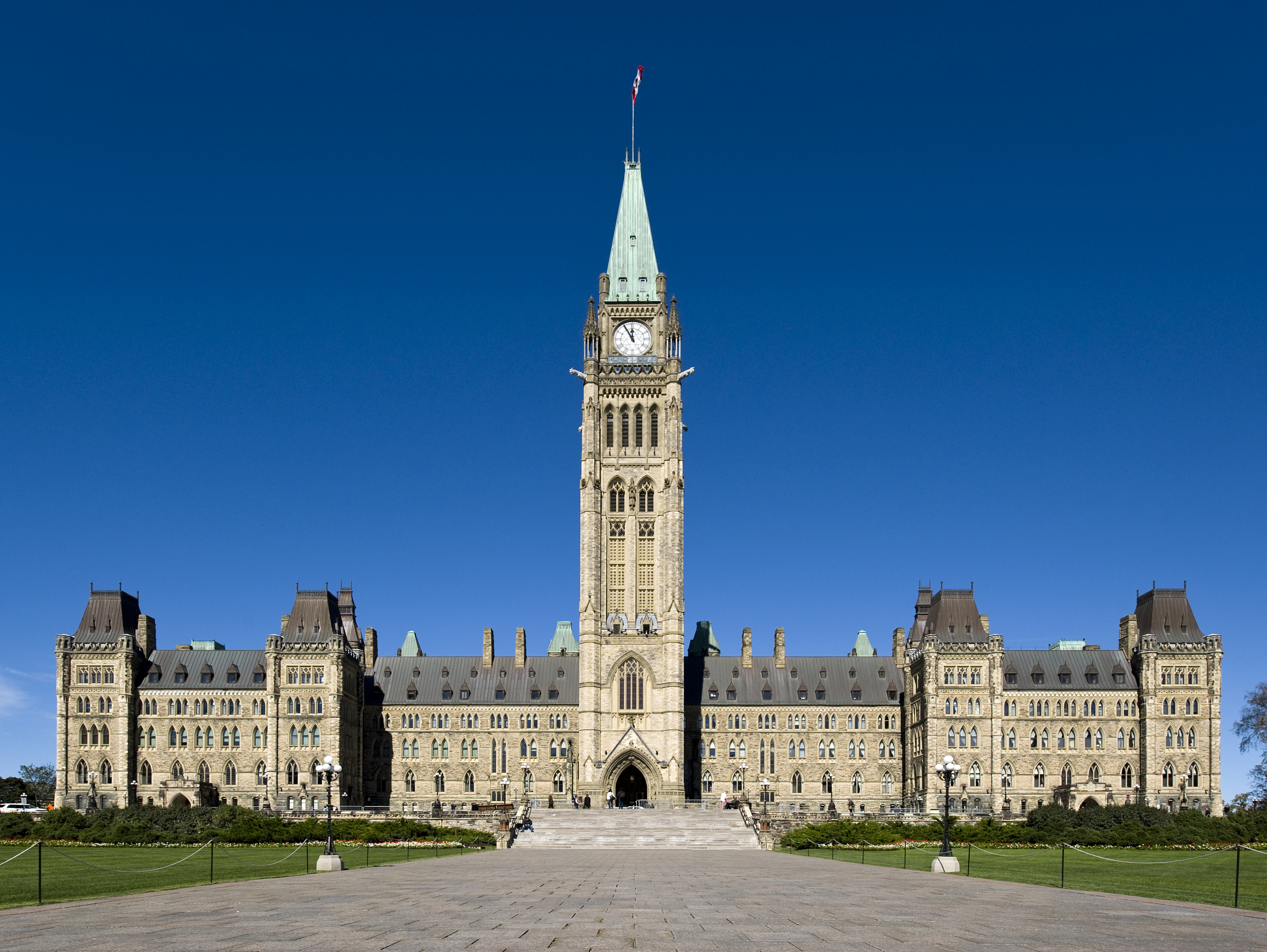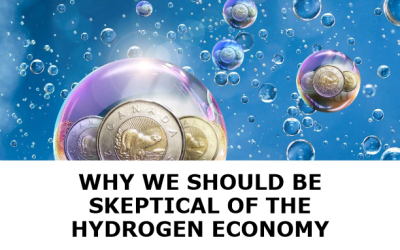
Executive Summary
- In the 2003/2004 year, $1.43 billion was spent on K-S4 public education in Manitoba.
- Approximately 57% of public education costs are funded by the provincial government while 38% is covered by locally raised property taxes.
- Manitoba has two school-based property taxes in Manitoba—the Education Support Levy, which is set and collected by the provincial government and represents most of the remaining revenue, and the special levy, set and collected by local school boards.
- Property taxes have steadily increased in Manitoba to the point where Manitoba’s property taxes are considerably higher than in other provincial jurisdictions.
- Farmers are particularly hard hit by education property taxes since they pay a levy on both their farmland and their residence.
- Property taxes are an inequitable way to fund education since they are not tied to income and are not uniform across the province.
- A significant number of organizations have called for the elimination or reduction of the special levy.
- Out of all the provinces, only Saskatchewan relies more heavily than Manitoba on property taxes as a means of funding public schools. Three provinces fund education exclusively through general provincial revenues.
- In order to make education funding more equitable, the special levy raised by school boards should be eliminated. The Province of Manitoba should assume total responsibility for public school spending.
- To compensate for the projected loss of $523 million in revenue, the provincial government could explore a variety of options, all of them preferable to the current system.
- Read Pdf version (6 pages)



